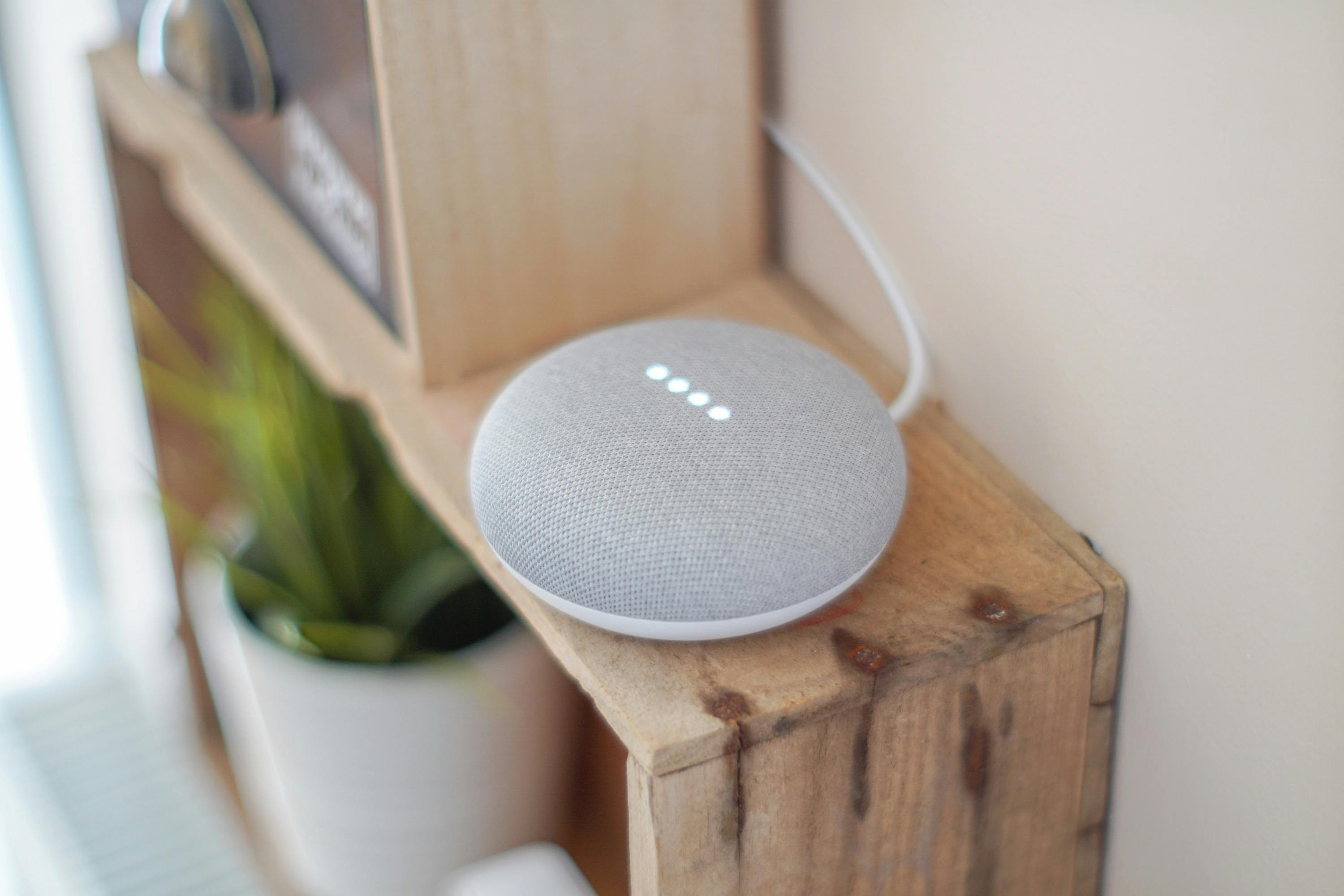Exploring How AI Brings Six Game-Changing Benefits to Seniors' Lives
In an age where technology is rapidly transforming lives, artificial intelligence (AI) stands as a beacon of hope, especially for seniors. As the global population ages, there is an increasing need to address the unique challenges faced by older adults. AI, with its vast capabilities, offers innovative solutions that enhance the quality of life for seniors, promoting independence, safety, and connectivity. This article delves into six game-changing benefits that AI brings to seniors' lives, showcasing how these technological advancements are not only meeting but exceeding the expectations of an aging society. From healthcare to social interaction, AI is revolutionizing the senior experience, making it richer and more fulfilling.
Enhanced Healthcare Monitoring

AI's most significant contribution to seniors' lives is arguably in the realm of healthcare. Through AI-powered wearable devices and home systems, seniors can now experience continuous health monitoring without the need for constant medical visits. These devices track vital signs such as heart rate, blood pressure, and glucose levels, alerting healthcare providers and family members in real-time if anomalies occur. This proactive approach not only prevents emergencies but also allows for personalized healthcare plans tailored to each individual's needs. Moreover, AI systems can analyze vast amounts of health data to predict potential health issues before they arise, enabling timely intervention and reducing hospital visits.
Improved Mobility and Accessibility

Mobility is a major concern for seniors, and AI is making strides in this area through smart home technologies and autonomous vehicles. AI-driven home assistants can control lighting, temperature, and even kitchen appliances, making daily tasks easier and safer for those with mobility issues. Additionally, self-driving cars promise to restore independence to seniors who no longer feel comfortable driving, offering a safe and reliable mode of transport. These advancements not only enhance accessibility but also empower seniors to engage more freely with their communities, reducing feelings of isolation and dependency on others for transportation.
Personalized Cognitive Support

Cognitive decline is a common issue among the elderly, but AI offers promising solutions through personalized cognitive support systems. AI programs can tailor brain exercises and memory games to the specific needs of each individual, helping to maintain cognitive function and delay the onset of dementia-related symptoms. Furthermore, AI can assist in daily reminders for medication management and appointments, ensuring seniors maintain their routines and independence. By providing a steady stream of cognitive engagement, AI helps seniors stay mentally active, which is crucial for preserving their overall quality of life and prolonging their independence.
Enhanced Communication and Social Interaction

Social isolation is a significant concern for the elderly, but AI-driven communication tools are bridging this gap. Virtual assistants and smart devices enable seniors to easily connect with family and friends through voice commands, video calls, and social media platforms. AI chatbots can also provide companionship by engaging in conversations, offering a sense of connection, and reducing loneliness. Additionally, AI-driven platforms can facilitate participation in online communities and interest groups, allowing seniors to share experiences and hobbies with like-minded individuals. These tools not only enhance social interaction but also contribute to emotional well-being and a sense of belonging.
Safety and Emergency Response

AI's role in enhancing safety for seniors is transformative, particularly in emergency response situations. AI-powered home monitoring systems can detect falls, unusual movements, or environmental hazards, automatically alerting emergency services and family members. These systems can also monitor for smoke, carbon monoxide, and other potential dangers, ensuring a safe living environment. By providing immediate assistance and reducing response times, AI technology significantly lowers the risk of severe injury or fatality in emergencies. This level of security allows seniors to live independently with peace of mind, knowing that help is just a moment away if needed.
Encouraging Lifelong Learning and Engagement

Finally, AI fosters lifelong learning and engagement by providing seniors with access to a wealth of information and educational resources. AI-powered platforms offer personalized learning experiences, from language courses to history lessons, tailored to the interests and abilities of each user. Virtual reality and augmented reality experiences, driven by AI, can transport seniors to different parts of the world or historical events, offering immersive learning opportunities. By encouraging continuous learning and exploration, AI helps seniors remain intellectually stimulated and engaged with the world around them, enriching their lives and promoting a sense of purpose and fulfillment.
The integration of AI into seniors' lives is transforming the landscape of aging, offering unprecedented opportunities for enhanced health, independence, and engagement. As AI technology continues to evolve, it promises even greater advancements, ensuring that seniors can enjoy their golden years with dignity, autonomy, and joy.